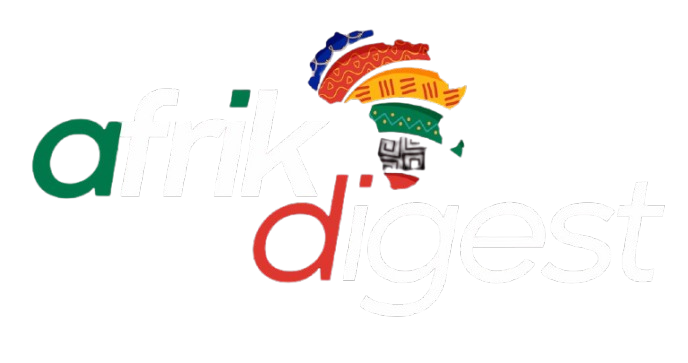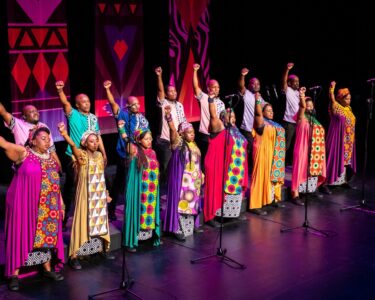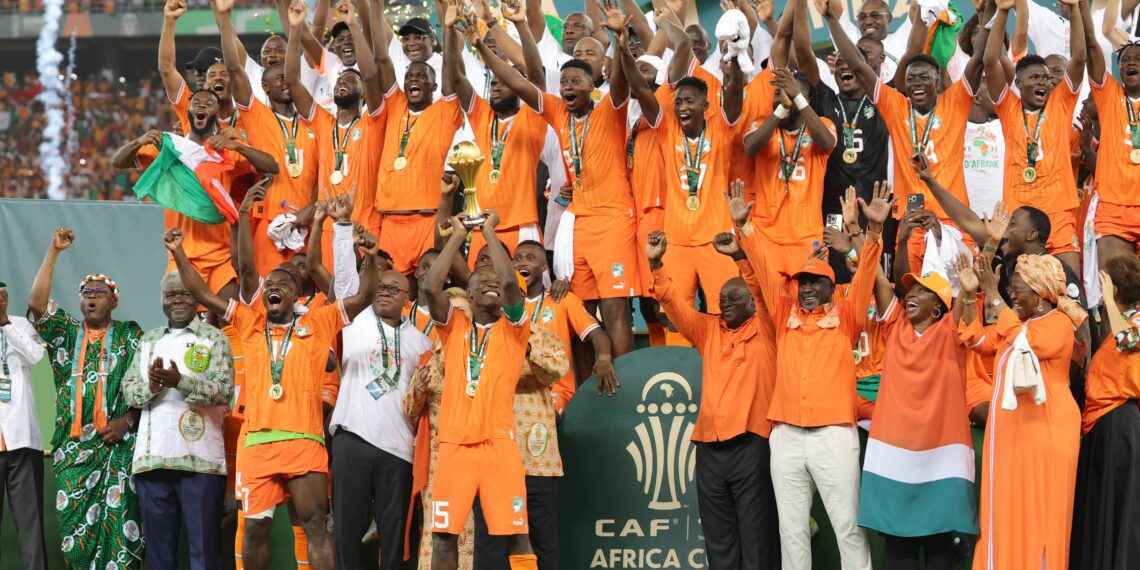
One week after the Elephants of Cote d’Ivoire completed their fairy tale comeback to win AFCON 2023, Afrik Digest International magazine, through Tolulope Omotunde writes about the country that has tried using football to rebuild, heal and unite.
In 2002, civil war engulfed Cote d’Ivoire, with the cries of a divided nation echoing through its streets. Fast forward to 2024, and the roar of the crowd at the Alassane Ouattara Olympic Stadium, Ebimpé, on Sunday, 11 February, told an entirely different story.
The Elephants were the story of the competition as they sacked manager Jean-Louis Gasset after a poor group-stage performance and still went on to lift the trophy.
The Elephants, the senior national football team, stand triumphant, having conquered Africa at AFCON 2023, which Cote d’Ivoire hosted. The victory transcends mere football; it was a testament to a nation’s resilience and the unifying power of the beautiful game.
The scars of the past still linger, but Cote d’Ivoire chose not to be defined by them. Hosting the 2023 AFCON was a bold step, a declaration of intent to move forward, heal divisions, and showcase the best of the country to the world.
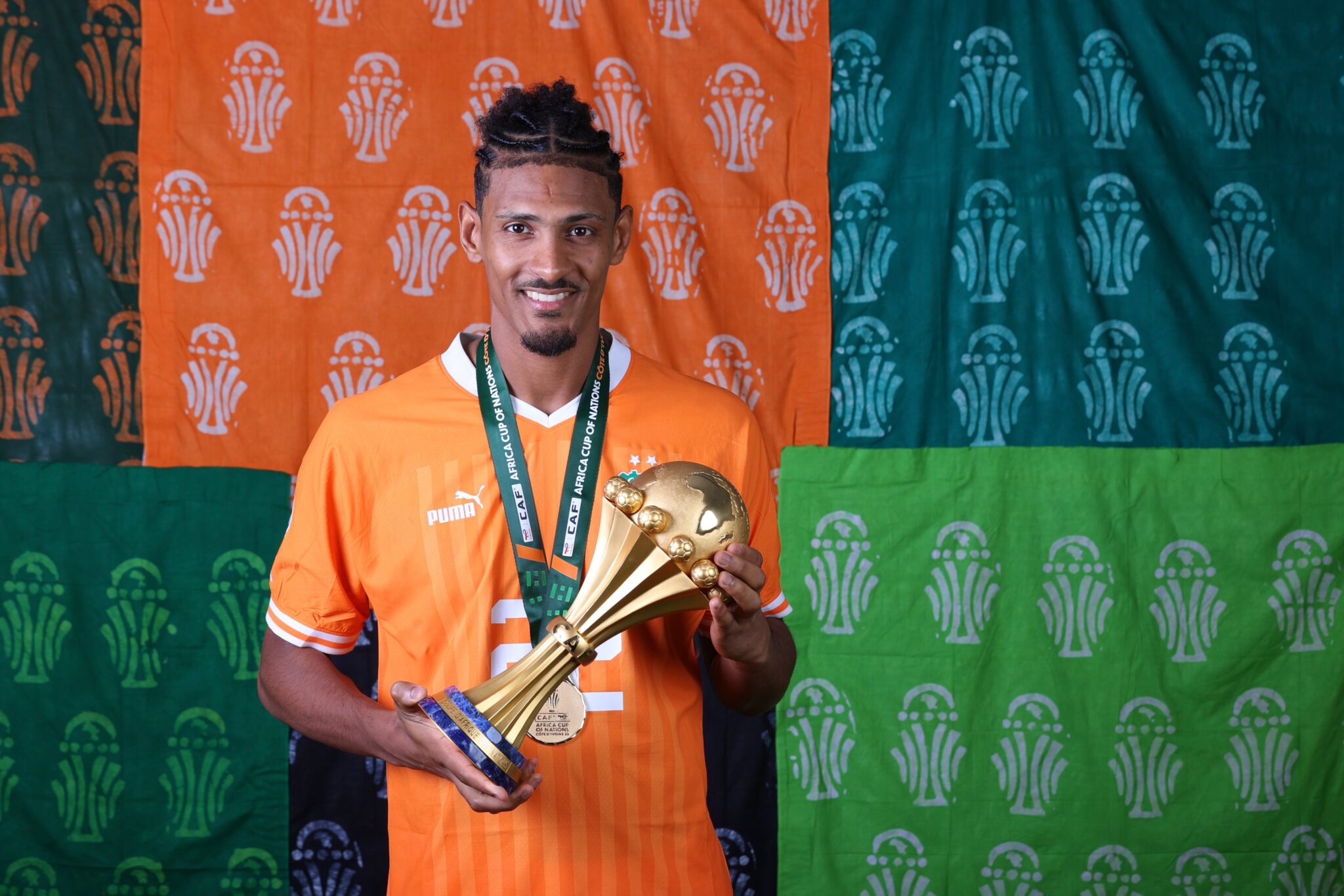
The passion and unity displayed by the Ivorian people throughout the tournament was a powerful message of hope and reconciliation. On the pitch, the Elephants embodied this spirit. Despite a rocky group stage, they defied expectations through sheer grit, determination, and tactical tweaking.
The come-from-behind victory in the final against Nigeria was a moment of pure magic, one that will be forever etched in the hearts of every Ivorian.
Sébastien Haller’s winning goal is particularly poignant. A symbol of the nation’s fight for recovery after the striker battled and overcame testicular cancer just 22 months ago. It was a victory not just for football, but for life itself.
AFCON 2023 wasn’t just about a single match. The tournament set high standards with VAR, superb officiating, and magnificent stadiums. For 30 days, all that mattered in the football world was AFCON. It was a celebration of African football, showcasing the continent’s rising talent and the unique passion that defines the sport here.
Cote d’Ivoire’s victory shattered the 17-year hoodoo of host nations failing to win, their last triumph dating back to 2006. This symbolic feat mirrored the nation’s battle against ghosts of the past, proving that resilience and unity are most often the paving stones that lead to success.
Veterans like Youssef Msakni (Tunisia) and André Ayew (Ghana) cemented their legacies by equaling the record of eight AFCON appearances. On the individual front, Oumar Diakhite joined the exclusive club for the latest goal ever scored with his dramatic 120th-minute winner against Mali in the quarterfinal.
AFCON 2023 also provided a stage where stars were born while the existing ones shone brighter.
In a tournament that had proven goal scorers like Nigeria’s Victor Osimhen, Mohamed Salah of Egypt, and Senegal’s Sadio Mané and Emilio Nsue, the forward from Equatorial Guinea proved to be a revelation, his boots striking gold as he scored five goals in four games to win the Golden Boot Award. It is also relevant to say he missed a penalty in the round of 16 loss to Guinea.
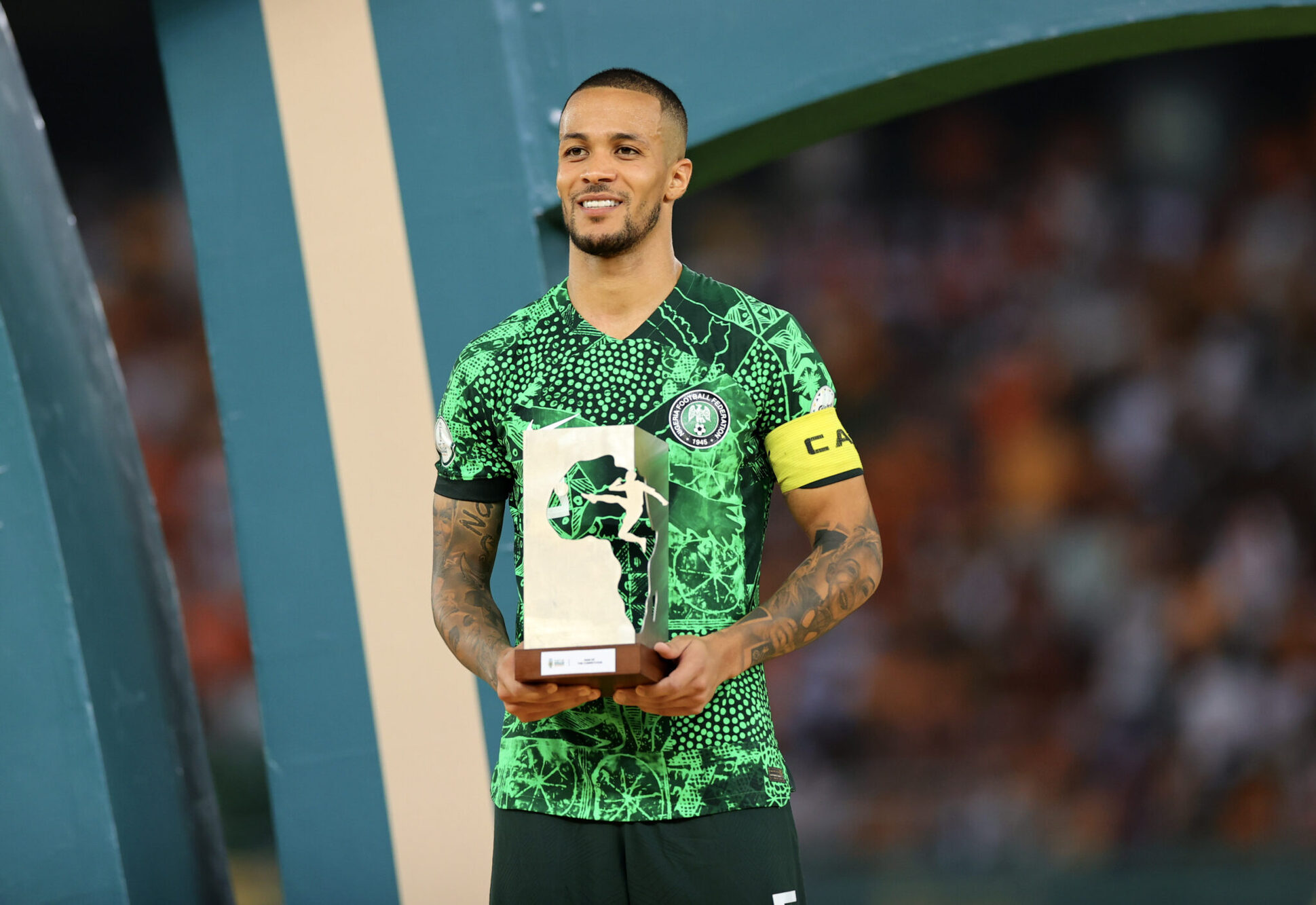
Another player who left an indelible mark was William Troost-Ekong from Nigeria. Despite the loss in the final, Troost-Ekong’s exceptional performance earned him the Player of the Tournament award.
His three goals and his team’s best defense were a testament to his versatility and leadership on the pitch.
The tournament also saw breathtaking displays in between the posts, with South Africa’s Ronwen Williams taking home the Best Goalkeeper award ahead of Nigeria’s Stanley Nwabali.
Williams’ heroics, which included saving four penalties against Cape Verde and two more in the third-place match, were nothing short of spectacular.
The Best Young Player award went to Simon Adingra from Ivory Coast, a promising talent who showed maturity beyond his years.
Emerse Faé, the man in charge of Ivory Coast’s successful campaign, deservedly received the honor of Best Coach as he became part of the exclusive group of indigenous coaches who secured the prestigious AFCON trophy.
Nigeria’s Stephen Keshi of blessed memory is on this list, along with legends like Hassan Shehata (Egypt) and Charles Gyamfi (Ghana).
It was a tournament to forget for Ghana as they failed to make it out of the group stages with just two draws and a defeat. A team that included West Ham star Mohammed Kudus, Crystal Palace veteran Jordan Ayew and Athletic Bilbao forward Inaki Williams struggled to help Ghana make any progress in the competition. Former Brighton manager Chris Hughton was sacked after less than 12 months in charge and the Black Stars have started their search for a new coach before the 2026 World Cup qualifiers in June.
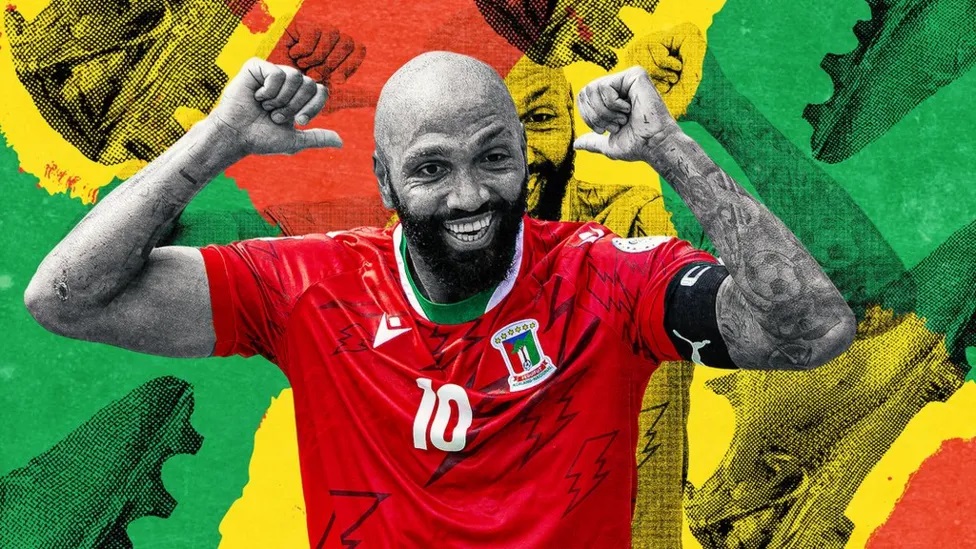
Not many would have predicted South Africa would reach the semi-finals of the tournament and Bafana Bafana certainly caught the eye. Their biggest challenge came when they took on 2022 World Cup semi-finalists Morocco in the round of 16. Goals from Evidence Makgopa and Teboho Mokoena sealed a famous 2-0 victory as PSG star Achraf Hakimi missed a penalty late on for the Moroccans.
Mauritania qualified for AFCON for the first time in their history in 2018 and heading into this year’s competition they had new hopes of improving on their last performance. The Lions of Chinguetti were still searching for their first win heading into the last group game against Algeria and they pulled it off with a shock 1-0 victory to also send them to their first knockout match against Cape Verde. Mauritania could not pull off another upset against Cape Verde but they sealed their place in AFCON history with an impressive performance.
According to CAF, since the inaugural AFCON tournament in 1957, 11 African coaches have now officially lifted the title, with the list expected to grow over the upcoming editions as young African tacticians, both men and women, continue to emerge from all corners of the continent.
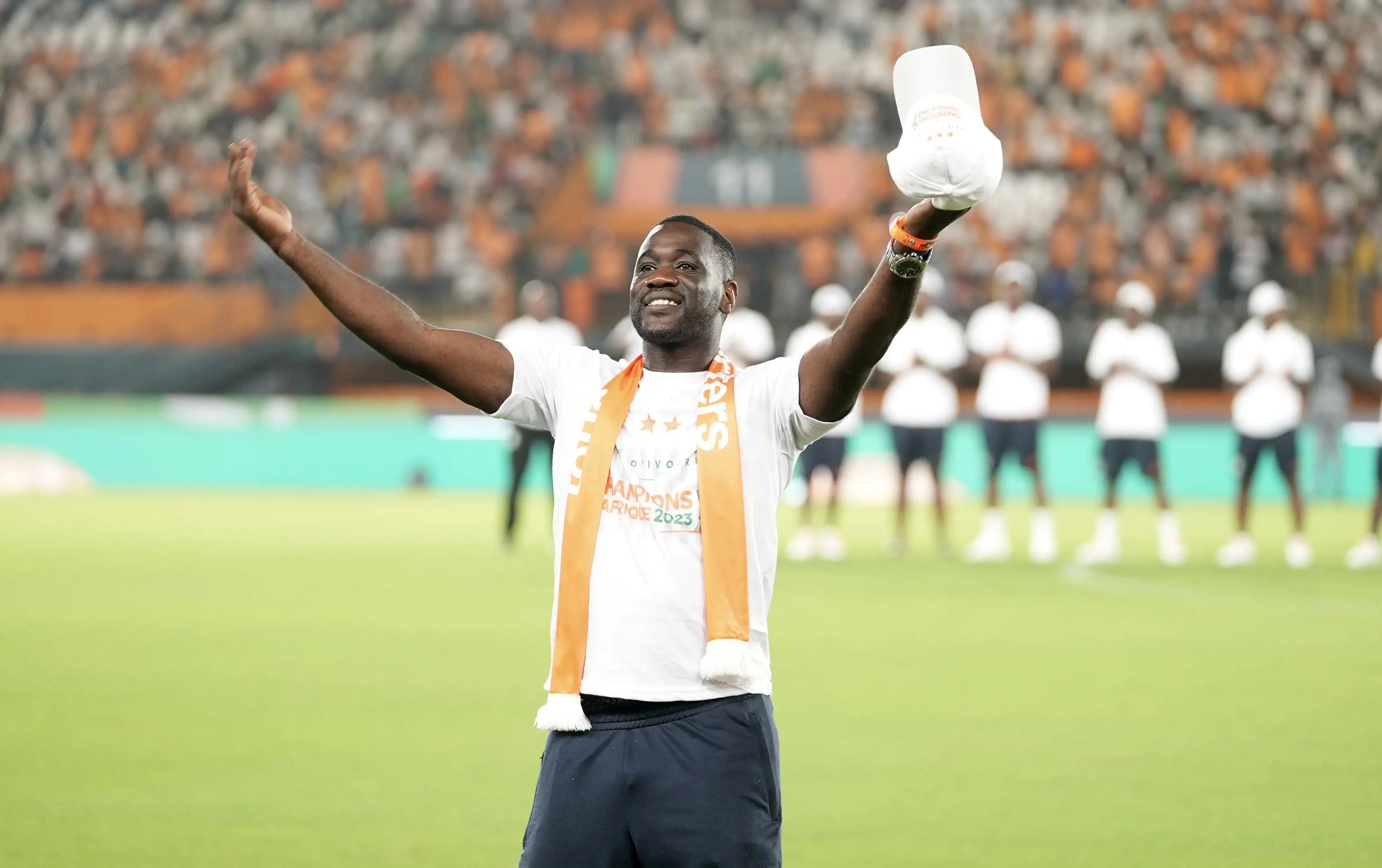
These individual performances, coupled with the overall commendable quality of the tournament, underscore the undeniably bright future of African football.
The 2023 AFCON wasn’t just a football tournament; it was a cultural and historical celebration. This marked the second time Cote d’Ivoire hosted the AFCON, showcasing its development and passion for the game.
The 2023 AFCON tournament showcased Africa’s vaunted hospitality, embodied by the “Akwaba” mascot, and the “Pokou” match ball honored the legendary Ivorian player Laurent Pokou. A vibrant official song featuring diverse African artists captured the tournament’s unifying spirit.
This edition of AFCON proved even more popular, with viewership soaring to nearly 2 billion—a 300% increase from 2021. Expanded broadcast rights, amplified media coverage, strong partnerships, and the power of social media all contributed to its resounding success.
Financially, both CAF and participating teams reaped rewards. Sponsorships brought in roughly $75 million, and champions Cote d’Ivoire earned an impressive $7 million prize.
Cote d’Ivoire’s journey from a nation impacted by conflict to AFCON champions serves as inspiration for the next host, Morocco. The Atlas Lions, with only one AFCON title since 1978, will undoubtedly aim to emulate the Elephants’ success by hosting and winning in 2025.

